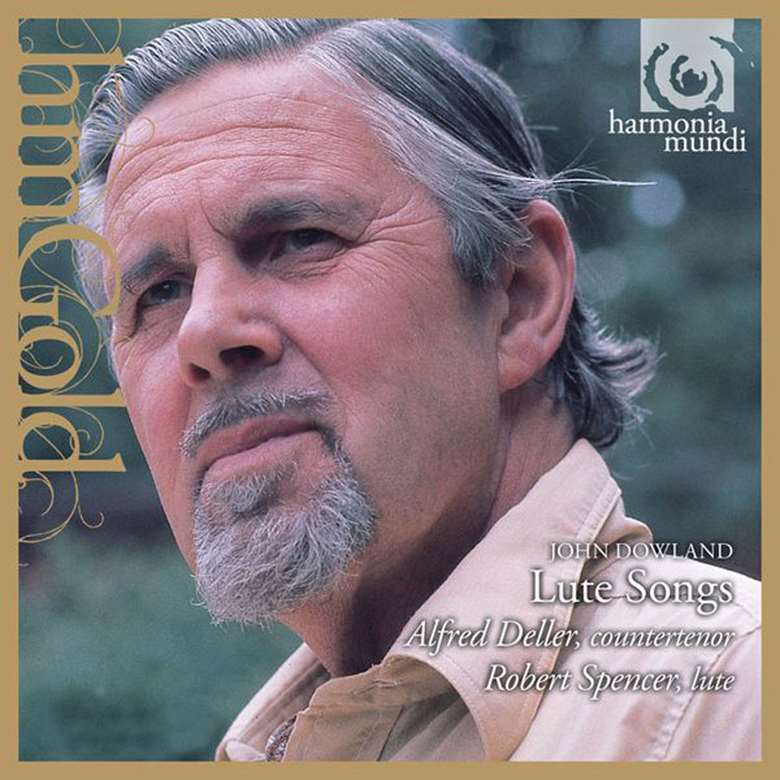Alfred Deller's last interview: 'the best singing is natural singing'
Mike Ashman
Monday, March 27, 2017
Mike Ashman interviewed the great countertenor in Gramophone's August 1979 issue, just 11 days before Deller's untimely death

Register now to continue reading
Thanks for exploring the Gramophone website. Sign up for a free account today to enjoy the following benefits:
- Free access to 3 subscriber-only articles per month
- Unlimited access to our news, podcasts and awards pages
- Free weekly email newsletter







